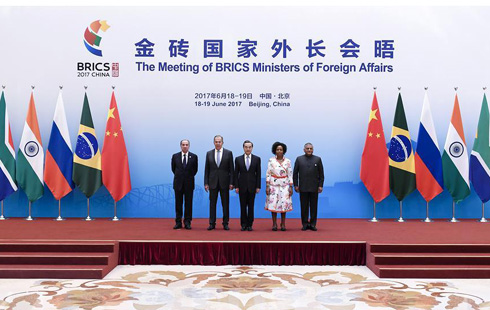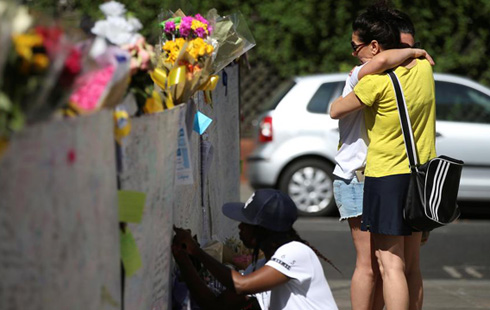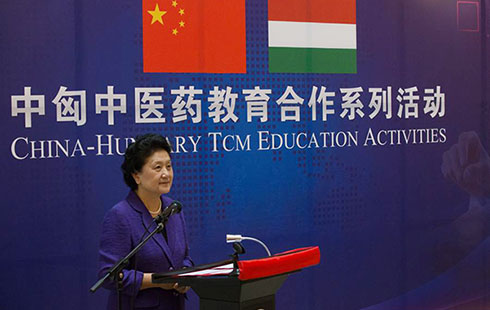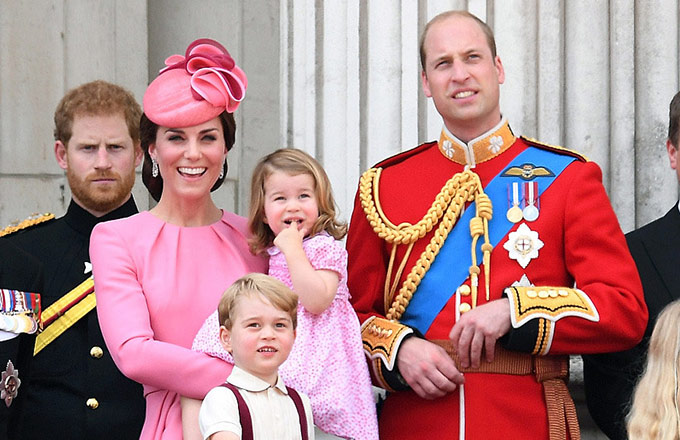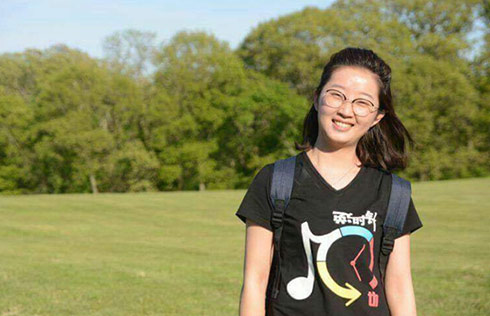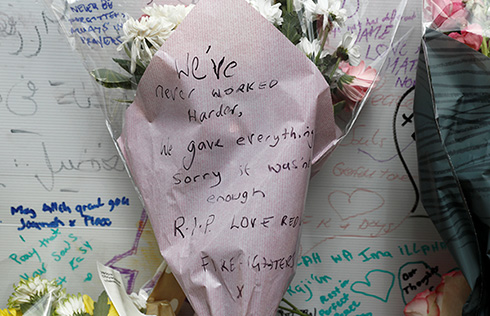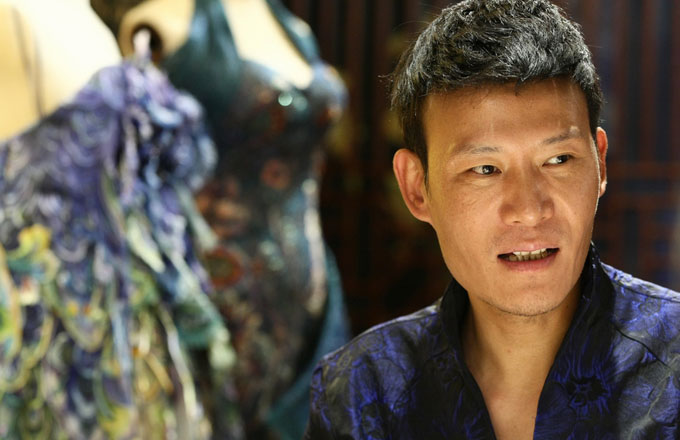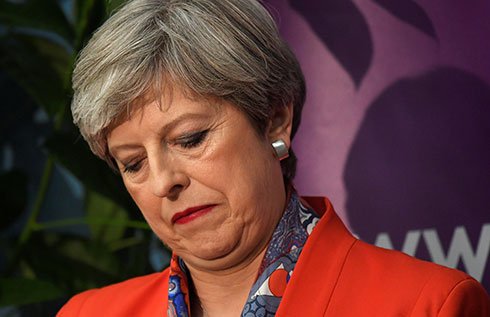Britain, EU start negotiations on UK exit from European Union
Britain and the European Union started formal talks on Monday on the UK's departure from the EU, with the British government still wracked by internal disagreement over what kind of deal they want.
|
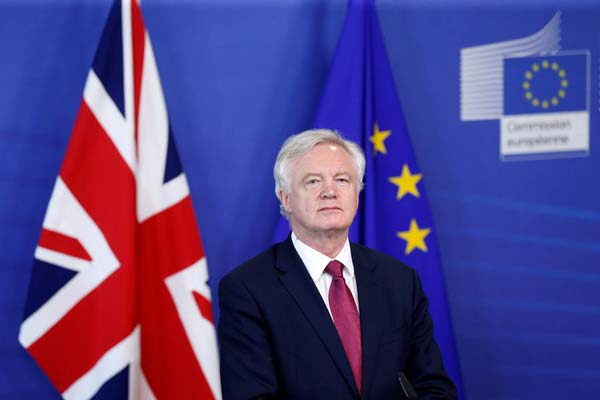 |
|
Britain's Secretary of State for Exiting the European Union David Davis speaks at the European Commission ahead of their first day of talks in Brussels, Belgium, June 19, 2017. [Photo/Agencies] |
UK Secretary of State for Exiting the European Union, David Davies, sat down with his team to start the process with Michel Barnier and his aides.
Davies said he was approaching the talks with a "positive and constructive" frame of mind, and Barnier told reporters "We must deal first with problems thrown up by Britain's exit. I want to be able to present a constructive report to my colleagues."
British officials indicated Prime Minister Theresa May was prepared to offer an early concession, guaranteeing the rights of EU residents living in the UK, in return for similar EU guarantees for UK citizens living in mainland Europe.
The system worked out by both sides calls for a monthly cycle– two weeks of officials laying out that month's negotiating points, followed by a week's hard bargaining between Davies and Barnier. The fourth week will allow both sides to brief their respective governments - 27 in the case of the EU –before moving on to the next agreed agenda item.
The UK government's ruling Conservative Party is divided over the what deal to accept, with long-standing opponents of EU membership demanding a so-called "hard Brexit" and others, including Chancellor of the Exchequer Philip Hammond, urging a "soft Brexit," which could include remaining in the single customs union, accepting free movement of EU citizens, and continuing to recognise the Europe Court of Justice.
Foreign Secretary Boris Johnson, whose abrupt decision to back the Leave campaign last year is believed to have swung the vote in favour of departure, said on Sunday he favoured a softer approach.
"We are going to deliver not a soft Brexit or a hard Brexit, but an open Brexit, one that ensures that that the UK is still turned outwards, and more engaged than ever before."
One option being touted by some members of the British government is the so-called Norway solution.
Norwegians opted not to join the EU as full members but as a member of the European Economic Area, it is allowed to remain in the single market, thus avoiding tariffs on goods, and paying less into the EU budget.
Norway accepts freedom of movement, but government experts here believe Britain could opt out in certain circumstances, or agree with the EU that a temporary brake could be put on numbers.
There has already been a reaction to Brexit – earlier this month health authorities reported a dramatic slump in the number of EU nurses applying to work in Britain's National Health Service.
The Nursing and Midwifery Council said the number of applications fell from over 1,300 last July to just 34 this April. It said the NHS has a shortage of 30,000 nursing staff.
Senior government officials hope May's offer on citizens, to be made in Brussels by her in person, will be seen as a conciliatory move by the UK towards the EU, which has so far been unwavering in its approach to the talks, which are a consequence of May signing the formal letter known as Article 50, which signalled the UK's desire to leave the EU.
Britain has been demanding that discussions to leave the EU should run parallel to trade talks, but the EU team is insisting that the mechanics of departure, including the settlement of any outstanding financial commitments, should be sequential.
Officials said Davies and his team may accept that talks had to be sequential, rather than the parallel discussions they had envisioned.




